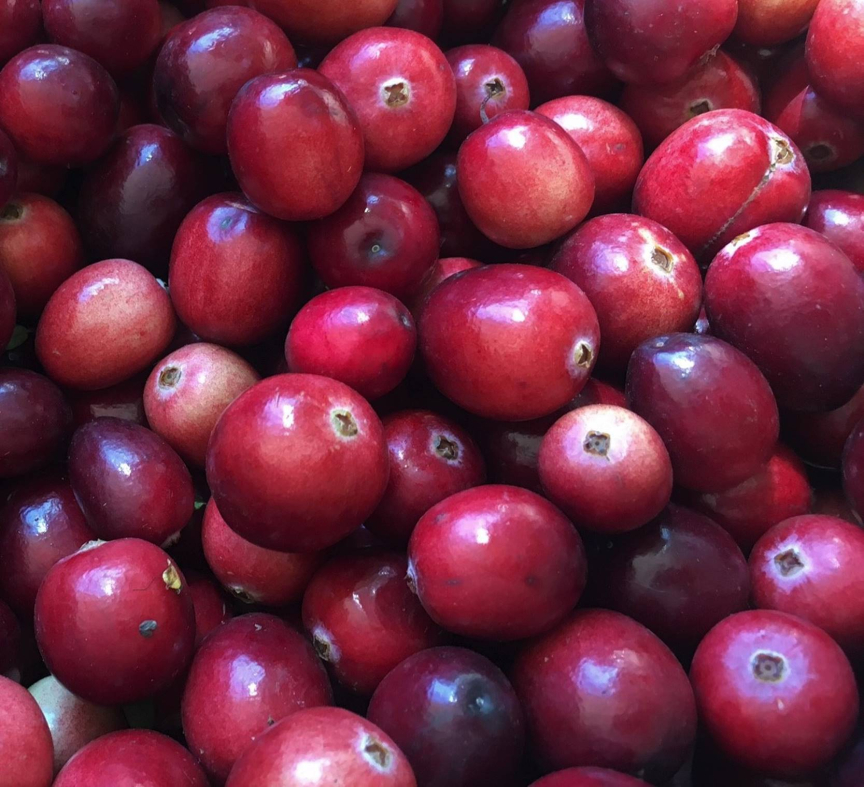Rutgers Researcher Discusses the Health Benefits of Cranberries

While cranberries are a staple on most Thanksgiving tables, this disease-fighting antioxidant superfood offers year-round health benefits.
Native Americans used them to treat urinary tract infections, wounds and other ailments. The fruit may also boost the immune system, promote good gut bacteria and help prevent chronic disease.
Amy Howell, an associate research scientist at the Philip E. Marucci Center for Blueberry and Cranberry Research and Extension in Chatsworth, an off-campus research station of the Rutgers New Jersey Agricultural Experiment Station, celebrating its 100th anniversary this year, discusses the health benefits of this popular tart berry just in time for Thanksgiving.
How do cranberries defend against infection?
A compound in cranberries helps prevent bacteria from sticking to the urinary tract and causing infection. A discovery made with Nick Vorsa, director of the center, two decades ago led to further studies suggesting that consuming cranberries regularly can help prevent certain bacterial infections and reduce the need for antibiotics, often needed on a daily basis. Prolonged antibiotic use has resulted in bacterial resistance to certain antibiotics. The compounds in cranberries may contribute to inhibiting the bacteria from sticking to the bladder wall without actually killing them, so they help prevent infections without contributing to bacterial resistance problems. Consuming cranberry products may also help to suppress bacteria that cause stomach ulcers.
What are the antioxidant benefits?
Since cranberries contain antioxidants, they may also help to lower oxidative stress, an imbalance that is implicated in progression of numerous chronic diseases, including inflammation, diabetes, rheumatoid arthritis and cardiovascular disease. Research suggests that cranberry compounds can reduce oxidation of LDL (bad) cholesterol, increase HDL (good) cholesterol, increase the flexibility of arteries and reduce inflammation – all important risk factors for heart disease.
How should we consume cranberries to maximize their benefits?
Many people may ask whether they can best gain these health benefits through cranberry sauce – or perhaps an adult cranberry beverage. About a half cup of sauce or dried berries, a 10-ounce glass of cranberry juice drink (sweetened or unsweetened, with at least 25 percent cranberry) or certain dried encapsulated supplements will help obtain the beneficial effects. Even a cranberry cocktail can be a health boost as long as there is enough cranberry juice in the drink.